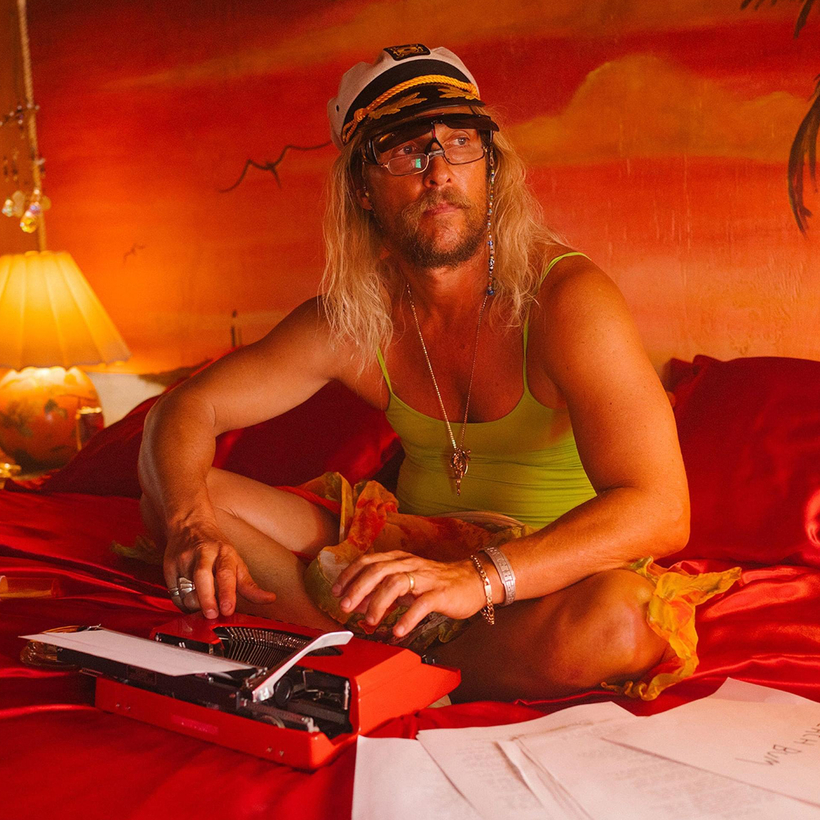Faced with the title Poems & Prayers, an innocent reader might well think back to the Morning Homilies of Pope Francis. Sure, the late Pontiff never brought down the house in How to Lose a Guy in 10 Days. Nor was he—in public, at least—to be seen playing the bongos in the nude. But he might easily have begun one of his soulful petitions, “What do I forgive and where’s the buck stop here?,” even if less likely to continue, “Been forty-eight days since I had a beer.”
Lovers of literature will recall that Matthew McConaughey’s Greenlights shot to the top of the best-seller lists five years ago—it’s sold more than six million copies worldwide—as the Oscar-winning actor mixed the wisdom of Seneca with accounts of how his dad breathed his last while riding his mom. “I’ve had many people give me poems that I did not know I wrote,” he confessed, disarmingly, at the outset, having just told us that he once enjoyed peyote while stuck in a Mexican cage with a mountain lion and (in an unrelated incident) had 78 stitches sewn into his forehead by a veterinarian.


